Have you ever locked eyes with your cat and felt an instant wave of warmth, as if you were sharing a secret? The bond between cats and humans is deeper than many realize. It’s more than a pet sitting on your lap—it’s a dance of emotions, subtle gestures, and silent conversations that weave us together in a tapestry of trust and understanding. Some say cats are mysterious, but for those who pay attention, their emotional reactions tell a story of connection that’s as surprising as it is heartwarming. If you’ve ever wondered whether your cat truly feels what you feel, you might be shocked at just how closely their emotional world mirrors our own.
Purring: The Language of Mutual Comfort
One of the most iconic sounds in the animal kingdom is a cat’s purr. This gentle vibration goes beyond mere contentment; it’s a powerful signal of emotional closeness. When a cat curls up beside you and purrs, they’re not just soothing themselves—they’re also trying to comfort you. Research suggests that purring can lower human stress levels. Some people even describe it as a healing pulse, like a living lullaby. Cats often purr when they sense their person is sad or unwell, pressing close in a silent offer of support. The act of purring becomes a soothing bridge, reminding us that comfort can be a two-way street.
Slow Blinking: The Trusting Kiss
Have you ever noticed your cat gazing at you with half-closed eyes, then blinking slowly? This isn’t just a lazy blink; it’s a deliberate gesture of trust and affection. Known as the “cat kiss,” slow blinking is a sign that your cat feels safe and connected. When you return the gesture, it’s like sharing a secret handshake. This mutual slow blink is a heartfelt exchange, telling your cat, “I trust you, and you can trust me.” It’s a silent conversation that deepens your bond, as if you’re both saying, “We’re in this together.”
Kneading: Reaching Back to Kittenhood
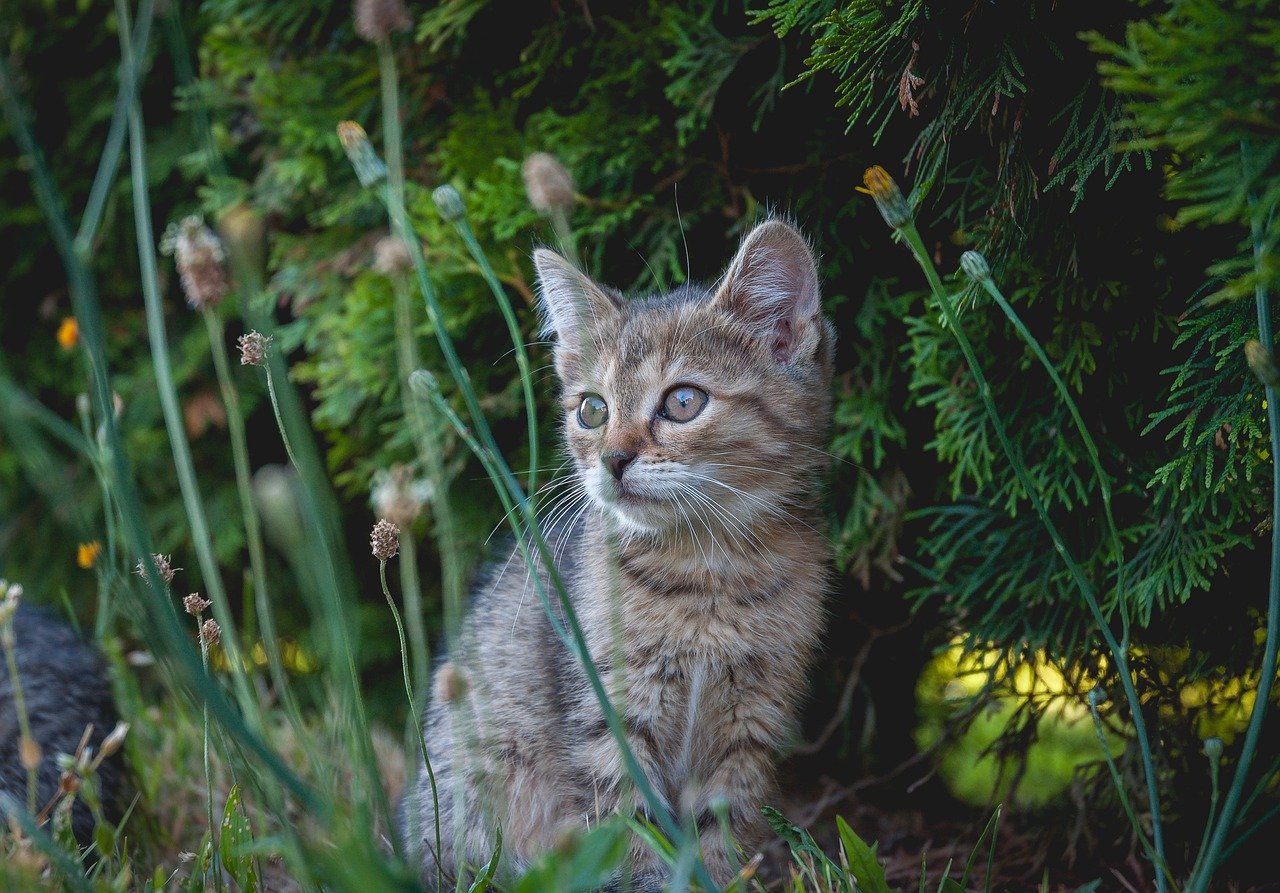
When cats push their paws rhythmically into your lap, it’s called kneading. This behavior harks back to kittenhood, when they kneaded their mother’s belly to stimulate milk flow. When adult cats knead on you, it’s a sign they see you as a source of comfort and security. It’s like being chosen as their surrogate family. The gentle push-and-pull motion is a physical expression of deep contentment and emotional safety. Sometimes, it’s accompanied by purring or soft eyes, amplifying the sense of shared warmth and trust.
Head-Butting: The Loving Bump
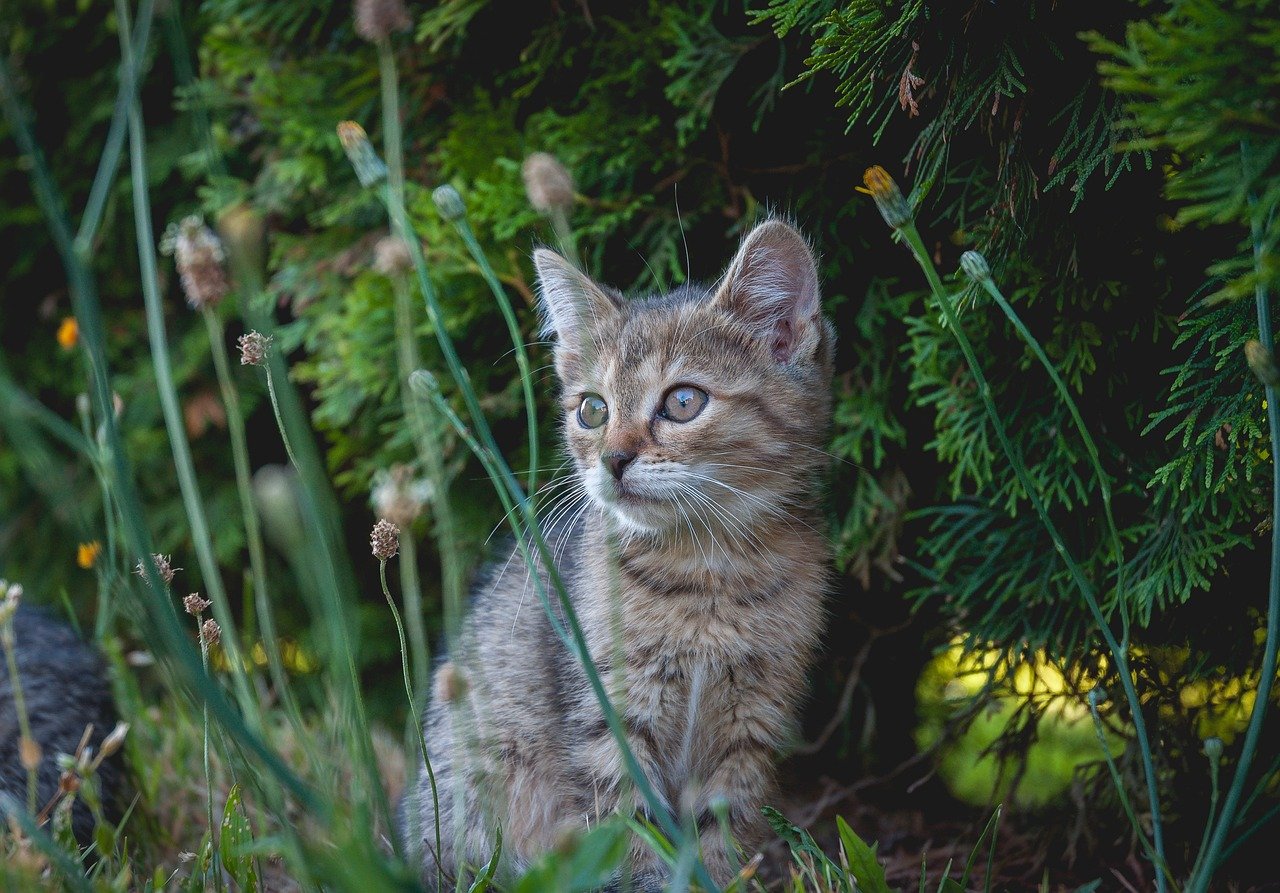
Receiving a gentle bump from your cat’s head is one of the most affectionate gestures in the feline world. This act, called bunting, is how a cat marks you with their scent, claiming you as part of their “tribe.” It’s an intimate exchange, a way of saying, “You belong with me.” Head-butting often comes when you least expect it—maybe as you work at your desk or relax on the couch. It’s a simple, physical way for your cat to express love, and it’s hard not to feel special when you’re chosen for such a gesture.
Following You: The Shadow of Affection

Does your cat seem to appear in every room you enter? This behavior isn’t just curiosity—it’s a sign of strong attachment. When cats follow you from room to room, they’re demonstrating their desire to be near you, much like a loyal friend or family member. This shadowing reflects their comfort and trust in your presence. It’s as if they’re saying, “Where you go, I want to be.” Even when they just sit quietly nearby, their presence is a silent reassurance that you are never alone.
Meowing: Conversations from the Heart

While cats rarely meow at each other beyond kittenhood, they develop this vocalization primarily for humans. Each meow can carry a different meaning, from a playful greeting to a plea for attention. Over time, cats fine-tune their “vocabulary” to communicate with their favorite people. Responding to these meows, whether with words or gestures, creates a back-and-forth dialogue that strengthens your emotional connection. It’s like having a private language, unique to your relationship.
Grooming Their Humans: The Ultimate Compliment
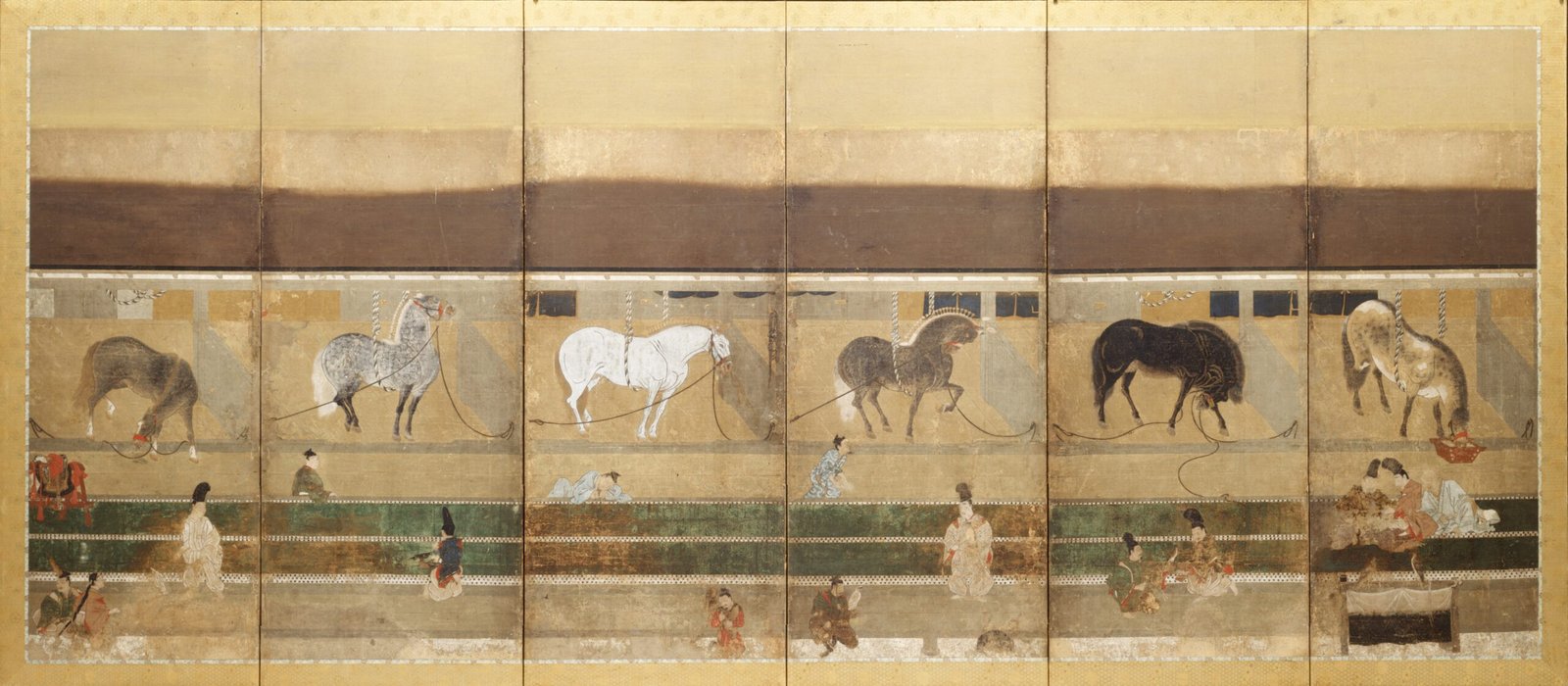
If your cat ever licks your hand, face, or hair, you’ve received one of the highest compliments in feline society. Cats groom those they care about, and by including you in this ritual, they’re expressing deep affection and acceptance. It’s not just about cleanliness—it’s about bonding. The sensation may be rough, but the message is clear: you’re part of their inner circle. This grooming ritual echoes the way mother cats care for their kittens, reinforcing the sense of family.
Bringing “Gifts”: Tokens of Trust

Few things are as shocking—or as touching—as finding a “gift” from your cat on your doorstep. Whether it’s a toy, a sock, or (less ideally) a critter from outside, this behavior is rooted in their instinct to share resources with those they consider family. It’s their way of saying, “I care for you.” While some gifts may be unwelcome, the intention is pure affection and trust. Accepting these tokens, even with a smile or a gentle thank you, acknowledges the special bond you share.
Sleeping on You: The Blanket of Love
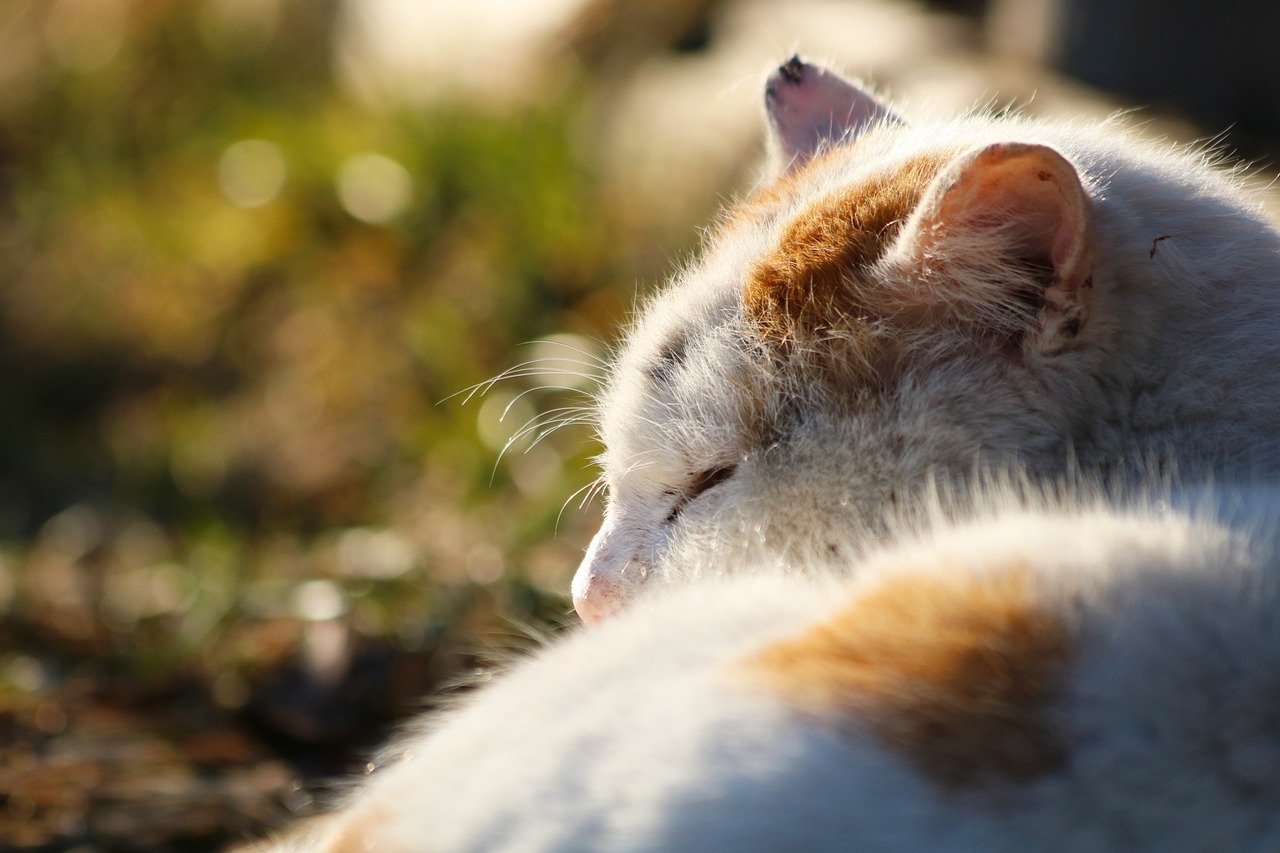
Cats are at their most vulnerable when they sleep, so choosing to curl up on you is a powerful statement of trust. Your warmth, heartbeat, and scent provide comfort, making you the safest place in their world. This behavior is more than just seeking physical warmth—it’s an emotional embrace. When your cat naps on your lap or chest, it’s their way of saying, “I feel safe with you.” These quiet moments of shared rest deepen the sense of mutual security.
Mirroring Your Mood: Emotional Resonance
Have you noticed your cat becoming calm when you’re relaxed, or agitated when you’re stressed? This isn’t coincidence—cats are finely tuned to their humans’ emotions. They pick up on subtle cues like tone of voice, body language, and even scent. When you’re sad, some cats will quietly sit beside you, offering silent support. When you’re happy and energetic, they may become playful. This emotional mirroring is a testament to the deep symbiosis between you and your feline friend.
Tail Language: The Emotional Barometer

A cat’s tail is a living mood ring. An upright tail with a gentle curve means your cat is happy to see you, while a flicking tail can indicate excitement or agitation. When your cat wraps their tail around your arm or leg, it’s a sign of affection and connection. Paying attention to these subtle tail movements can help you understand your cat’s emotional state—and can even help you adjust your own responses to better meet their needs. This shared understanding enhances your relationship, making communication richer and more nuanced.
Chirping and Chattering: Shared Excitement
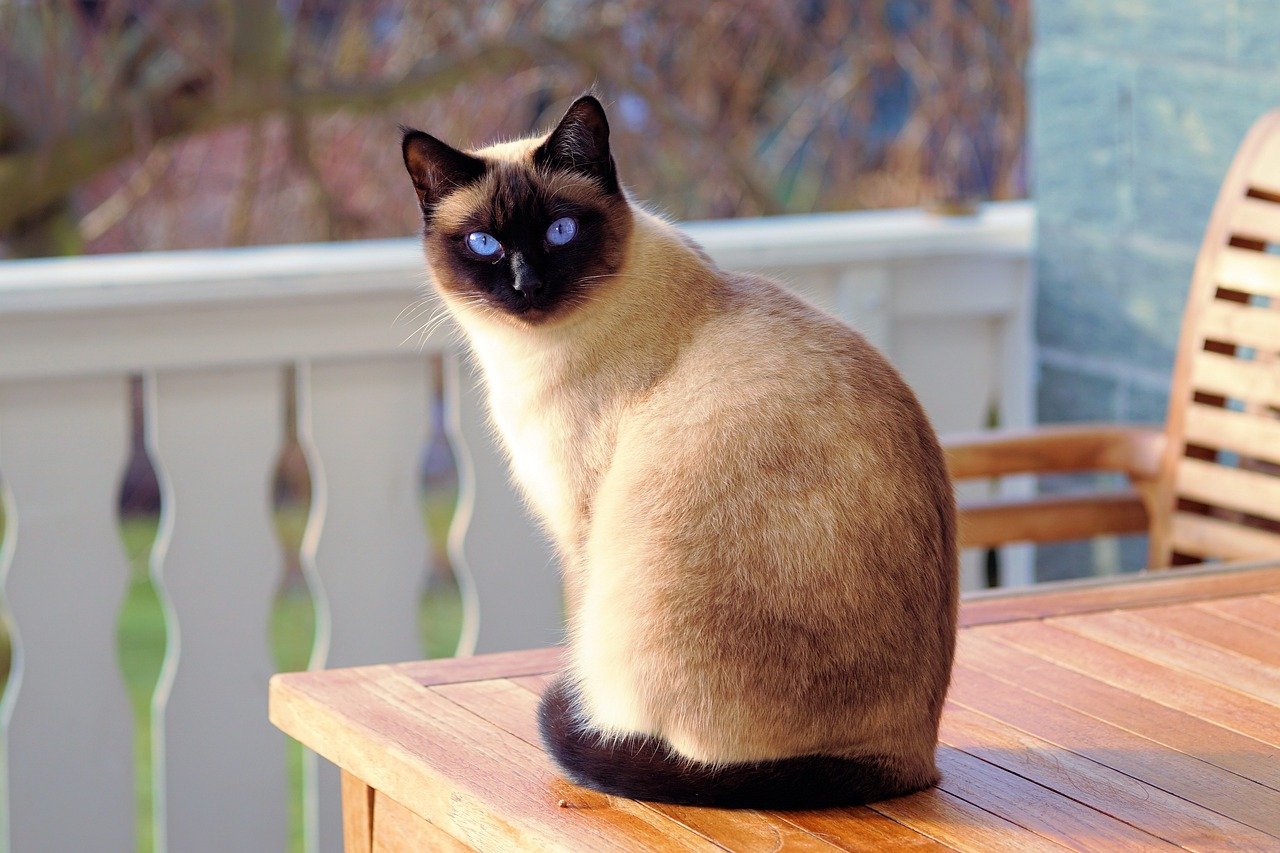
Sometimes, cats make unique vocalizations like chirps, trills, or chatters, especially when looking out the window at birds or small animals. These sounds are often a sign of excitement or stimulation, and when directed at you, they invite you to share in their enthusiasm. It’s as if your cat is saying, “Look at this! Isn’t it amazing?” These moments of shared wonder can be surprisingly bonding, drawing you into your cat’s world of curiosity and fascination.
Displaying the Belly: Vulnerable Trust
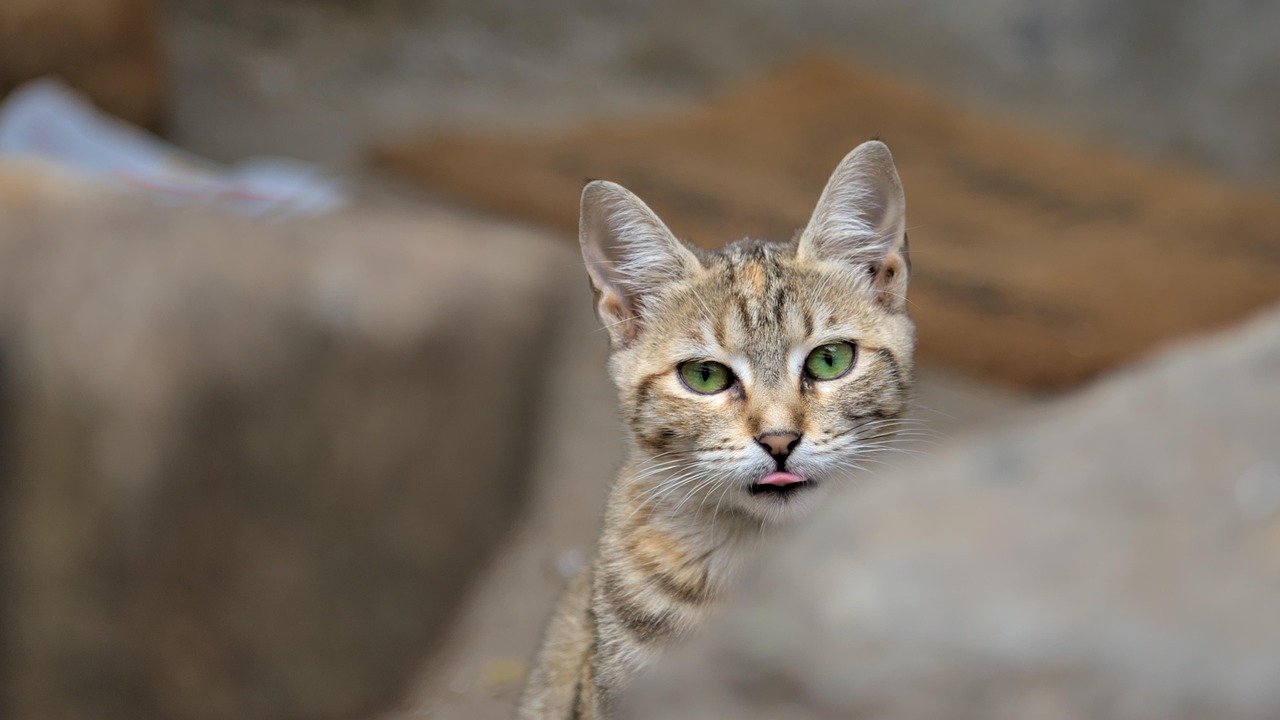
When a cat rolls over and exposes their belly, it’s a gesture of ultimate vulnerability. In the wild, this position leaves them defenseless, so showing you their soft underbelly is a sign of absolute trust. While not all cats want their bellies touched, the act of displaying it is an invitation to connect on a deeper level. It’s a silent message: “I trust you with my safety.” Respecting this trust—whether by gentle petting or simply admiring—strengthens your bond.
Running to Greet You: Joyful Reunion

Few sights are as heartwarming as your cat rushing to the door when you come home. This enthusiastic greeting is a clear sign of affection and anticipation. Your return is a highlight in their day, and their excitement is genuine. Some cats vocalize, others rub against your legs, but all are expressing joy at the reunion. These moments remind us that, for our cats, we are more than just caretakers—we’re cherished companions.
Protective Posturing: Guarding Their Human
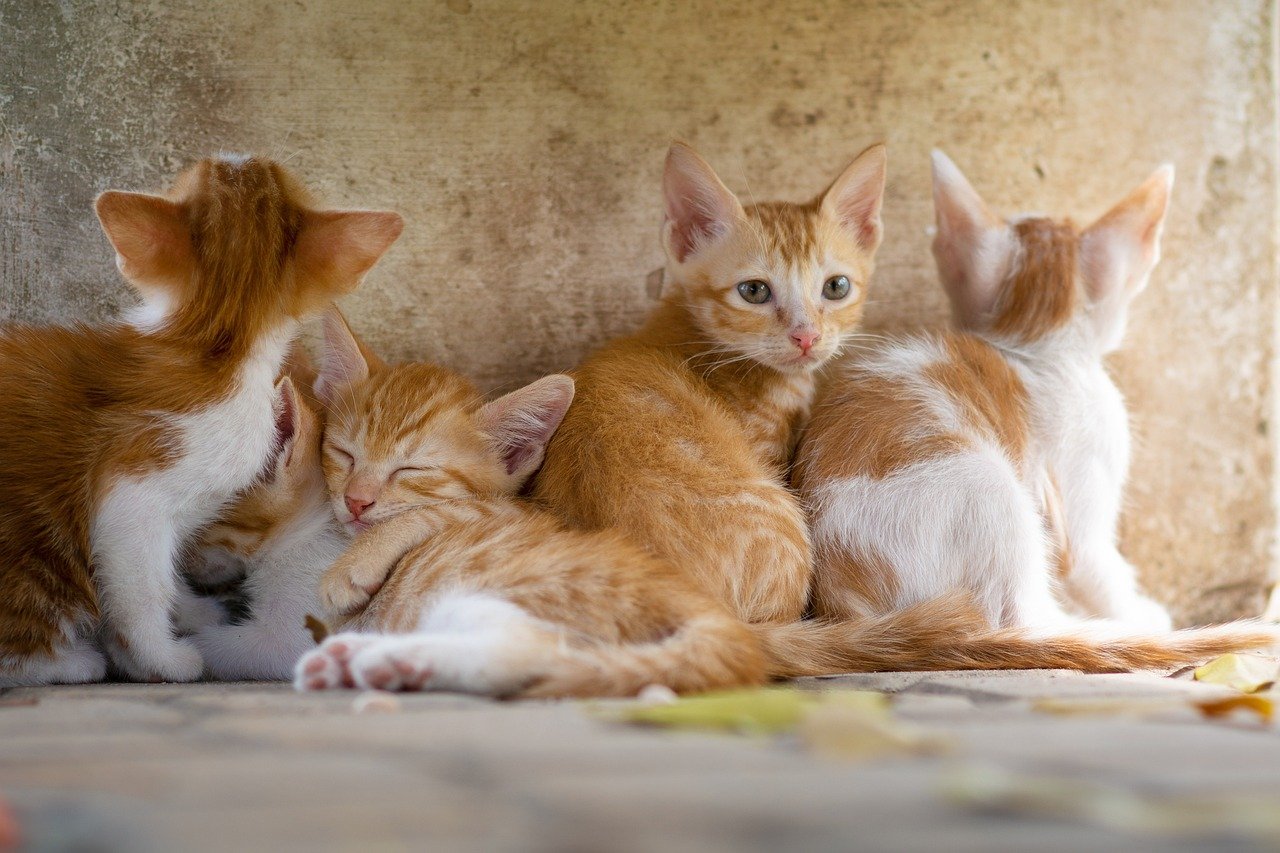
Some cats take their role as family seriously, putting themselves between you and perceived threats. Whether it’s a new visitor, a strange animal, or even an unfamiliar noise, your cat may position themselves protectively. This behavior demonstrates a sense of loyalty and guardianship. It’s as if they’re saying, “I’ll watch over you.” Such actions are a clear indicator of the emotional investment cats have in their human’s well-being.
Playful Ambushes: Shared Laughter
If your cat hides and leaps out at you playfully, they’re not just entertaining themselves—they’re inviting you to join in the fun. These playful ambushes are a sign of trust and comfort, a way of sharing joy and laughter. Engaging in these games, whether with toys or hands, deepens your emotional connection. Play is a universal language, and in these moments, you and your cat are equals, sharing pure, unfiltered happiness.
Scent Exchange: Marking Their Favorite Human
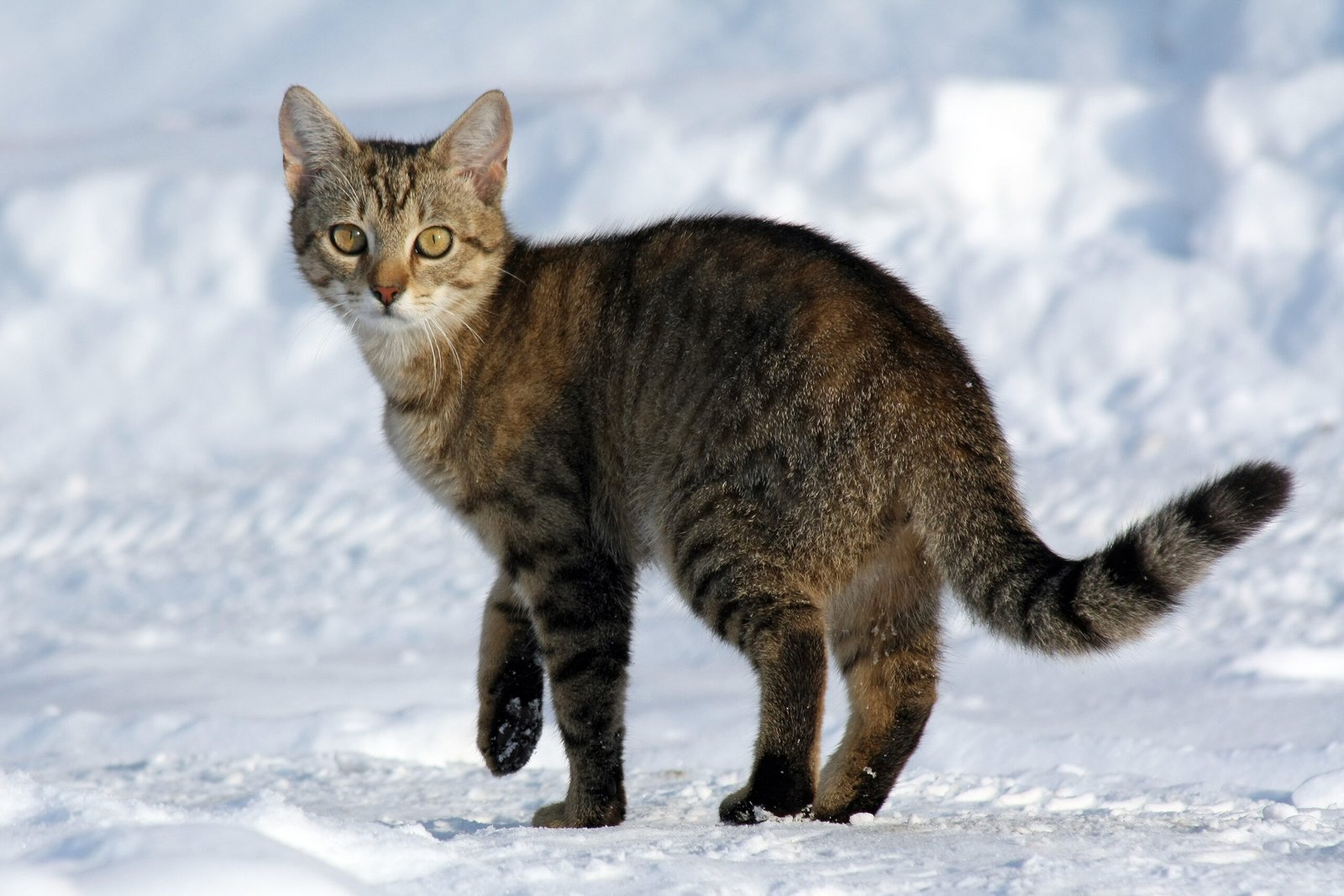
Cats have scent glands on their cheeks, paws, and flanks, and they use these to mark their territory. When your cat rubs their face or body against you, they’re marking you with their scent—a powerful bond in the animal world. This exchange is a way of claiming you as their own and cementing your place in their social group. It’s a quiet but profound declaration: “You’re mine, and I’m yours.”
Seeking Eye Contact: The Silent Connection
While direct eye contact can be threatening in the animal kingdom, cats who trust you will often seek your gaze. A gentle, relaxed stare is a way of connecting emotionally. Some cats will even “check in” with a glance before venturing into a new room or situation. These silent moments of eye contact create a sense of partnership and mutual understanding, as if you’re silently sharing thoughts.
Comforting Presence in Times of Illness
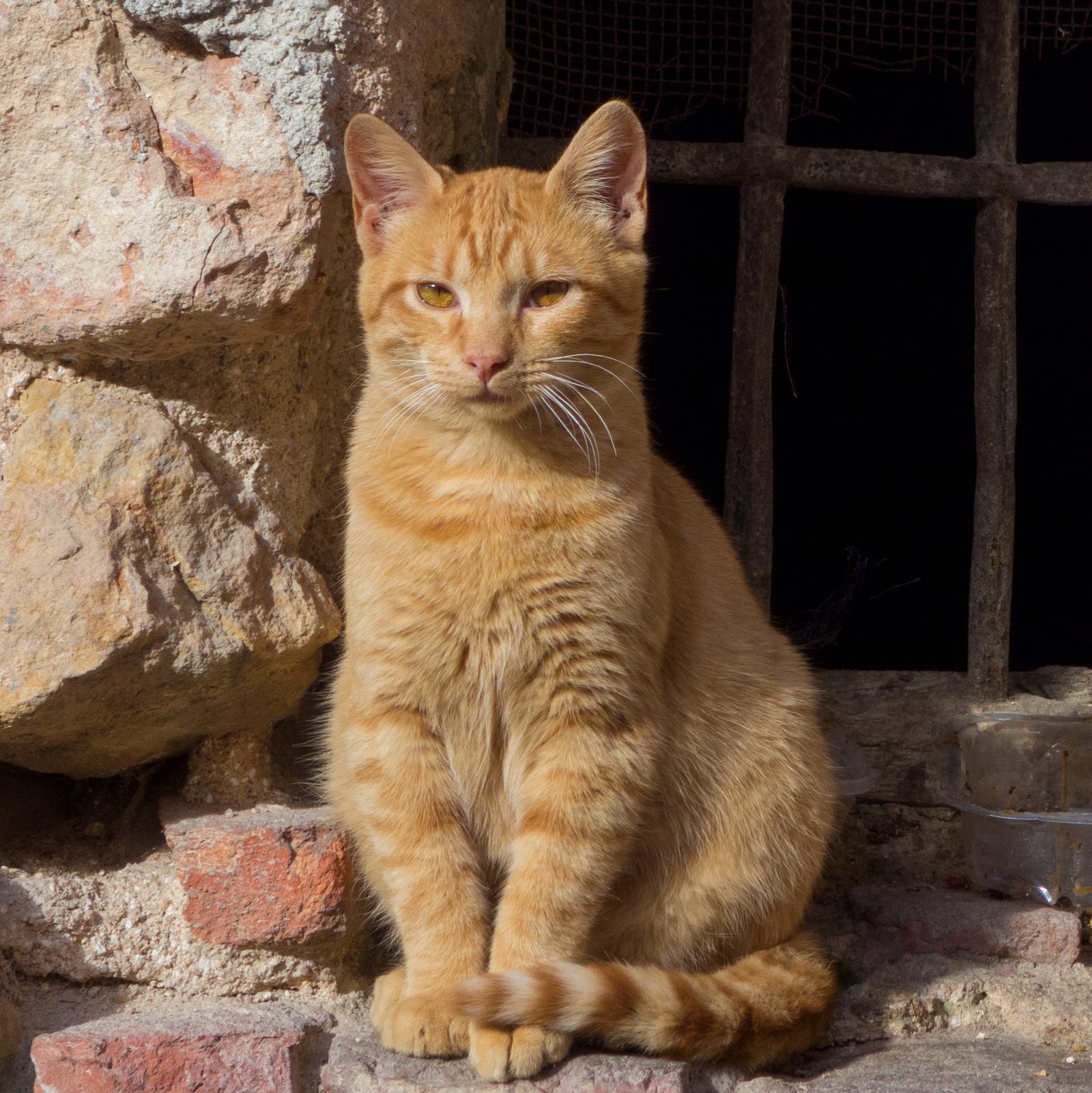
It’s no coincidence that many people notice their cat staying close when they’re feeling ill or upset. Cats seem to have a sixth sense about their humans’ well-being and often provide silent support during difficult times. Their calm presence can be deeply soothing, offering comfort without words. Some cats will even adjust their routines to stay near you, foregoing their favorite spots just to provide companionship. This caregiving behavior highlights the profound empathy cats can show.
Reacting to Your Voice: Emotional Attunement
Cats are surprisingly attentive to the tone and rhythm of your voice. When you speak to them gently, they may respond with soft chirps or purrs, while a raised voice can make them retreat or become alert. Some cats even come when called, recognizing the unique way you say their name. This sensitivity to your voice is a sign of emotional attunement, showing how closely their moods can align with yours. Your voice becomes a source of comfort, guidance, and reassurance.
Snuggling During Storms: Shared Vulnerability
During thunderstorms or loud events, many cats seek out their humans for comfort. They might burrow under blankets, press against your side, or curl up in your lap. These moments of shared vulnerability reveal how much your cat relies on you for safety and reassurance. By snuggling close during stressful times, they’re expressing trust and seeking to share their emotional burden. It’s a beautiful reminder that, in times of fear, the best shelter is each other.
Hi, I’m Bola, a passionate writer and creative strategist with a knack for crafting compelling content that educates, inspires, and connects. Over the years, I’ve honed my skills across various writing fields, including content creation, copywriting, online course development, and video scriptwriting.
When I’m not at my desk, you’ll find me exploring new ideas, reading books, or brainstorming creative ways to solve challenges. I believe that words have the power to transform, and I’m here to help you leverage that power for success.
Thanks for stopping by, Keep coming to this website to checkout new articles form me. You’d always love it!






